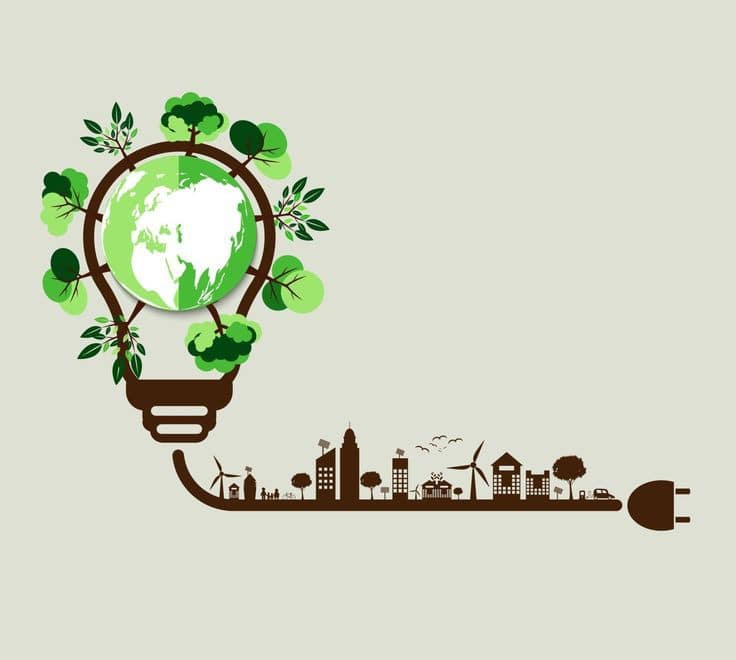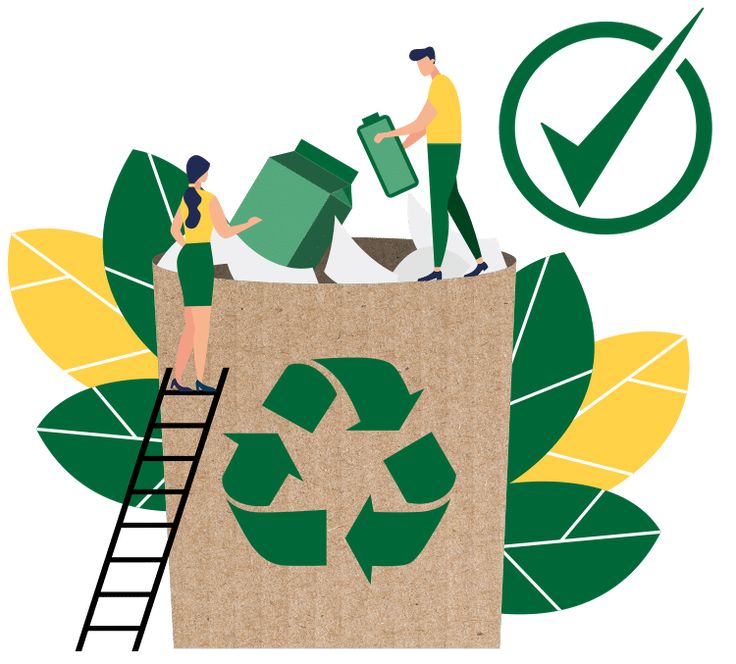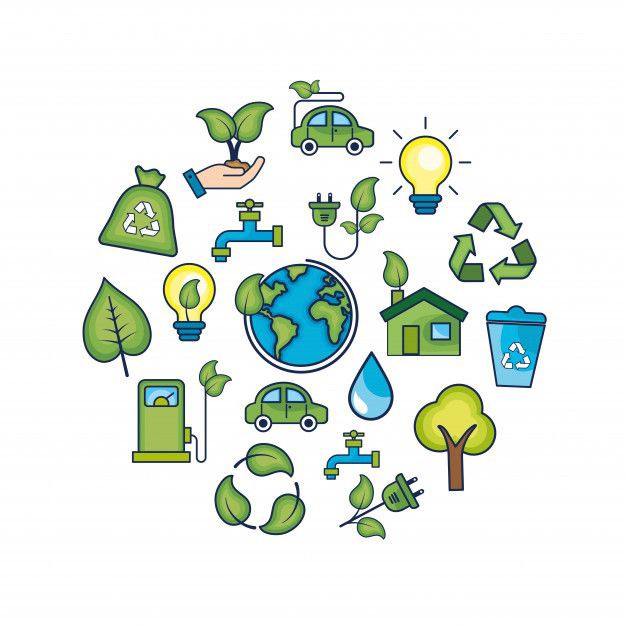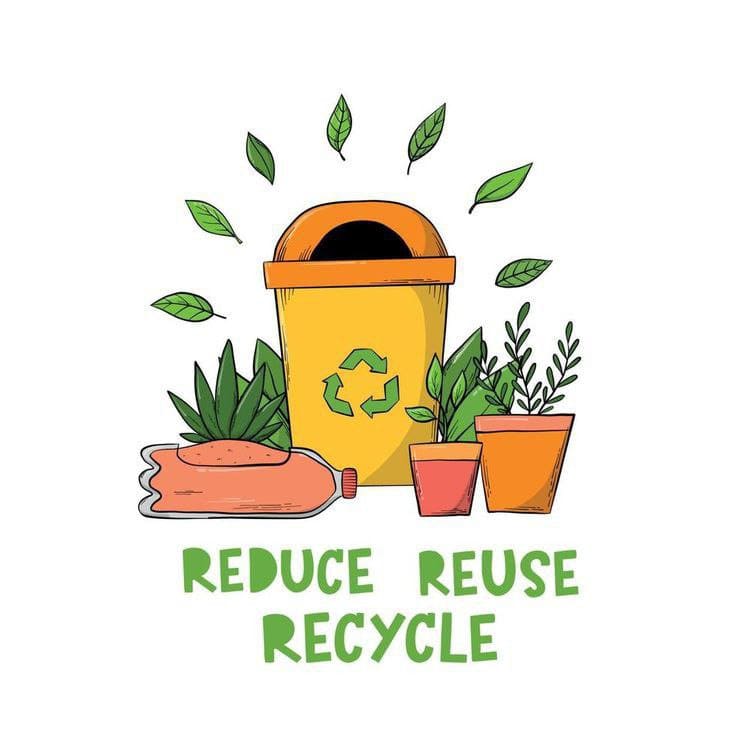
The Impact of Recycling on the Economy
Recycling is not only essential for environmental protection but also has significant economic benefits. This article examines how recycling influences the economy and the various economic advantages it provides.
Benefits of recycling for the economy
1. Job Creation
Recycling creates a substantial number of jobs across various sectors, including collection, sorting, processing, and manufacturing. These jobs help boost the economy by providing employment opportunities and enhancing the quality of life for workers in the recycling industry.
2. Resource Conservation
Recycling helps conserve natural resources by reusing materials such as paper, glass, metals, and plastics. This reduces the need for new raw materials and decreases the strain on natural resources, leading to more sustainable economic practices.
3. Energy Savings
Recycling typically requires less energy compared to producing new products from raw materials. For instance, recycling aluminum uses significantly less energy than mining and processing new aluminum. These energy savings lower production costs for businesses and contribute to reduced energy expenses.



What does recycling help society?
4. Economic Growth
The recycling industry stimulates economic growth by creating markets for recyclable materials and encouraging investment in recycling technologies and infrastructure. This fosters innovation and drives economic development, contributing to a more robust and dynamic economy.
5. Reduced Waste Management Costs
Effective recycling programs can lower waste management and landfill costs. By diverting waste from landfills and incinerators, recycling helps reduce disposal costs for municipalities and businesses. The savings can be reinvested in other community services or infrastructure.
6. Economic Resilience
Recycling enhances economic resilience by diversifying material supply chains and reducing reliance on imported raw materials. This diversification helps stabilize the economy against global market fluctuations and supply chain disruptions.
7. Long-Term Economic Benefits
Investing in recycling infrastructure and programs provides long-term economic benefits. Recycling fosters a circular economy where materials are continually reused, reducing waste and the demand for new raw materials. This sustainable approach promotes long-term economic stability and environmental health.
